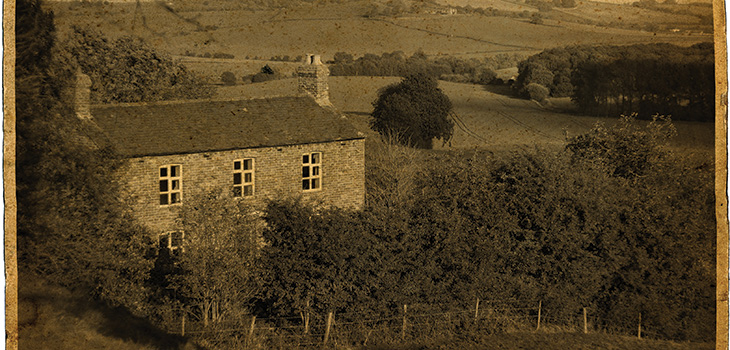
- Resolving land access disputes often hinges on overlooked historical records, such as the National Farm Survey and War Agricultural Executive Committee files.
- Second world war-era surveys and committee documents offer detailed insights into land use, ownership and farm conditions, with many now accessible via the National Archives.
Investigating access disputes, together with a multitude of other rights and obligations regarding agricultural land, can be problematic, given the paucity of verifiable archival material that appears to be available. This is often compounded by the prevalence of what are often rather vague and contradictory ingrained verbal recollections. For those faced with the challenge of investigating agricultural disputes, a number of often largely neglected documentary sources can be accessed. These include the National Farm Survey 1941–43 and the records of the War Agricultural Committees, which directed the food production campaign in the second world war. There are also a wide range of relevant









